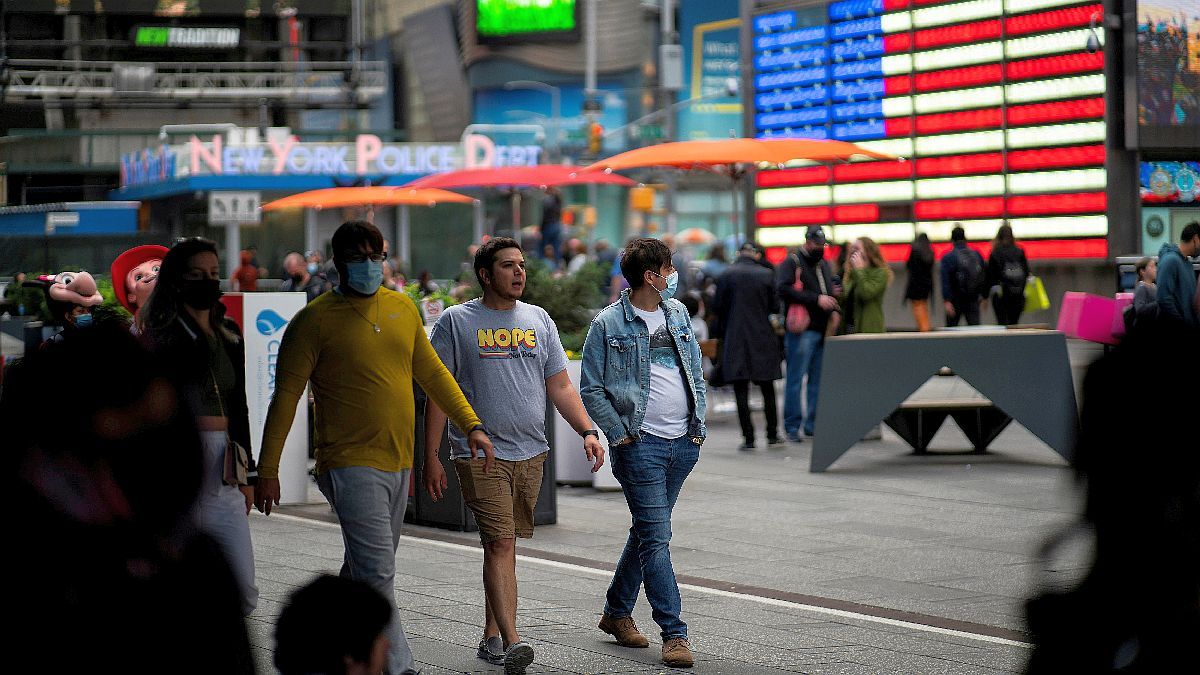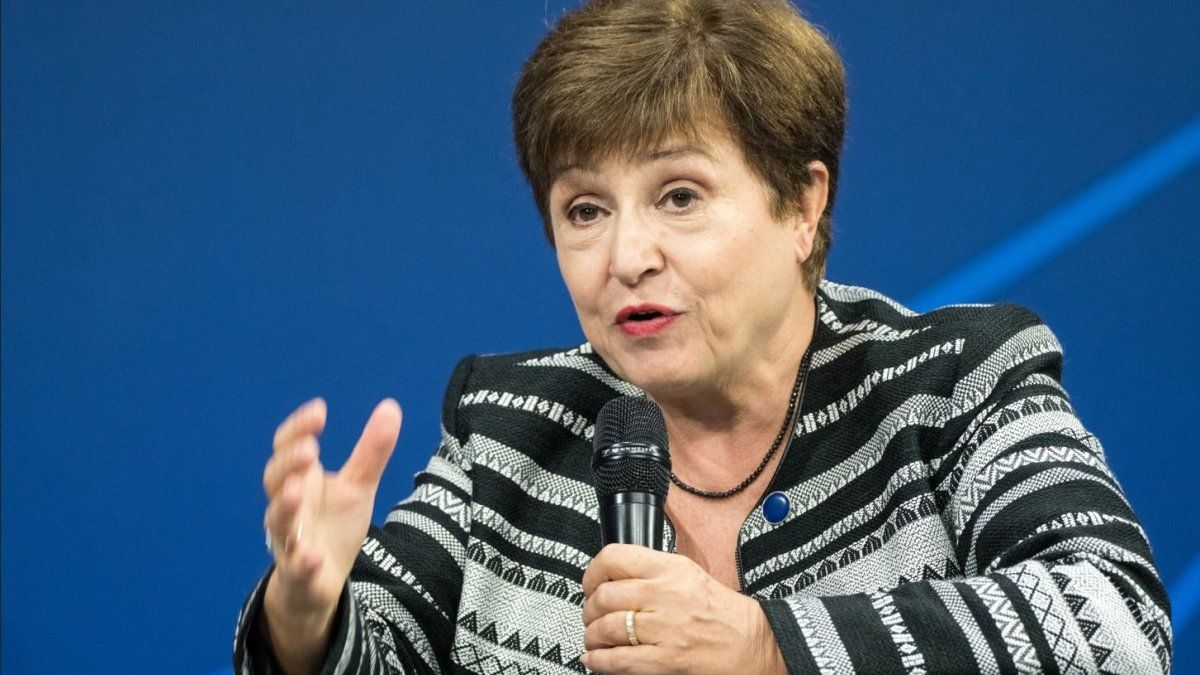Surveys to be released later in the United States are expected to show a slowdown in the world’s largest economy, while Japan’s government is expected to slash its forecast for domestic growth.
Meanwhile, China’s strict COVID-19 lockdowns and Russia’s invasion of Ukraine have further damaged global supply chains that have yet to recover from the pandemic.
“We’ve had a massive rise in global energy and food prices, and that’s hitting consumers’ disposable income and forcing them to cut spending,” said Samuel Tombs of Pantheon Macroeconomics.
“However, this is a fairly gradual slowdown and we are not hurtling into a recession.”
Euro zone business activity unexpectedly contracted this month as the decline in the manufacturing sector accelerated and growth in the services sector almost stalled, as rising costs pushed consumers to cut spending, According to a survey.
The S&P Global Composite Purchasing Managers’ Index (PMI), considered a good indicator of overall economic health, fell to 49.4 in July from 52.0 in June, well below all forecasts in a survey of Reuters had forecast a more modest fall to 51.0.
A reading below 50 indicates a contraction in activity and the preliminary figure for July was the lowest since February 2021.
Businesses across the euro zone continued to report rising inflationary pressures and accelerating wage growth, even as the outlook for overall growth turns increasingly murky, the European Central Bank said on Friday, based on a survey of 71 big enterprises.
Inflation in the monetary union was 8.6% last month, according to official data, and on Thursday the ECB raised interest rates more than expected, confirming that concerns about runaway inflation now trump considerations. of growth.
The US Federal Reserve, struggling with inflation that has reached its highest point in 40 years, is expected to raise interest rates again by 75 basis points at its meeting next week.
The Reuters poll showed a median 40% chance of a US recession over the next year and 50% within two years, a significant improvement over the June poll.
China and Japan remain exceptions by maintaining an expansionary monetary policy, a sign that their economies – the second and third in the world – lack the strength to compensate for the weakness of other parts of the globe.
SLOWDOWN IN CHINA
Concerns about a global slowdown cast a shadow over Asia’s recovery prospects as manufacturing activity growth has slowed in Japan and Australia, maintaining pressure on policymakers to support their economies while tightening monetary policy. to combat inflation.
Japan’s manufacturing activity grew in July at the slowest pace in 10 months, its PMI survey showed on Friday, boding ill for an economy struggling to shake off the wounds of the pandemic.
“July PMIs suggest the manufacturing sector is slowing as demand weakens, while the latest wave of COVID-19 is starting to hit the services sector,” said Marcel Thieliant, senior economist for Japan. in Capital Economics, on Japan’s PMIs.
Factory activity also slowed in Australia, with the index falling to 55.7 in July from 56.2 in June, an independent survey showed on Friday.
China’s economic growth slowed sharply in the second quarter, weighed down by widespread COVID lockdowns and pointing to lingering pressure in coming months from a darkening global outlook.
The slowdown in the world’s second-largest economy, as well as the fallout from aggressive central bank tightening, forced the Asian Development Bank on Thursday to cut its growth forecast for the region.
By Jonathan Cable and Leika Kihara, Reuters agency
Source: Ambito
David William is a talented author who has made a name for himself in the world of writing. He is a professional author who writes on a wide range of topics, from general interest to opinion news. David is currently working as a writer at 24 hours worlds where he brings his unique perspective and in-depth research to his articles, making them both informative and engaging.




